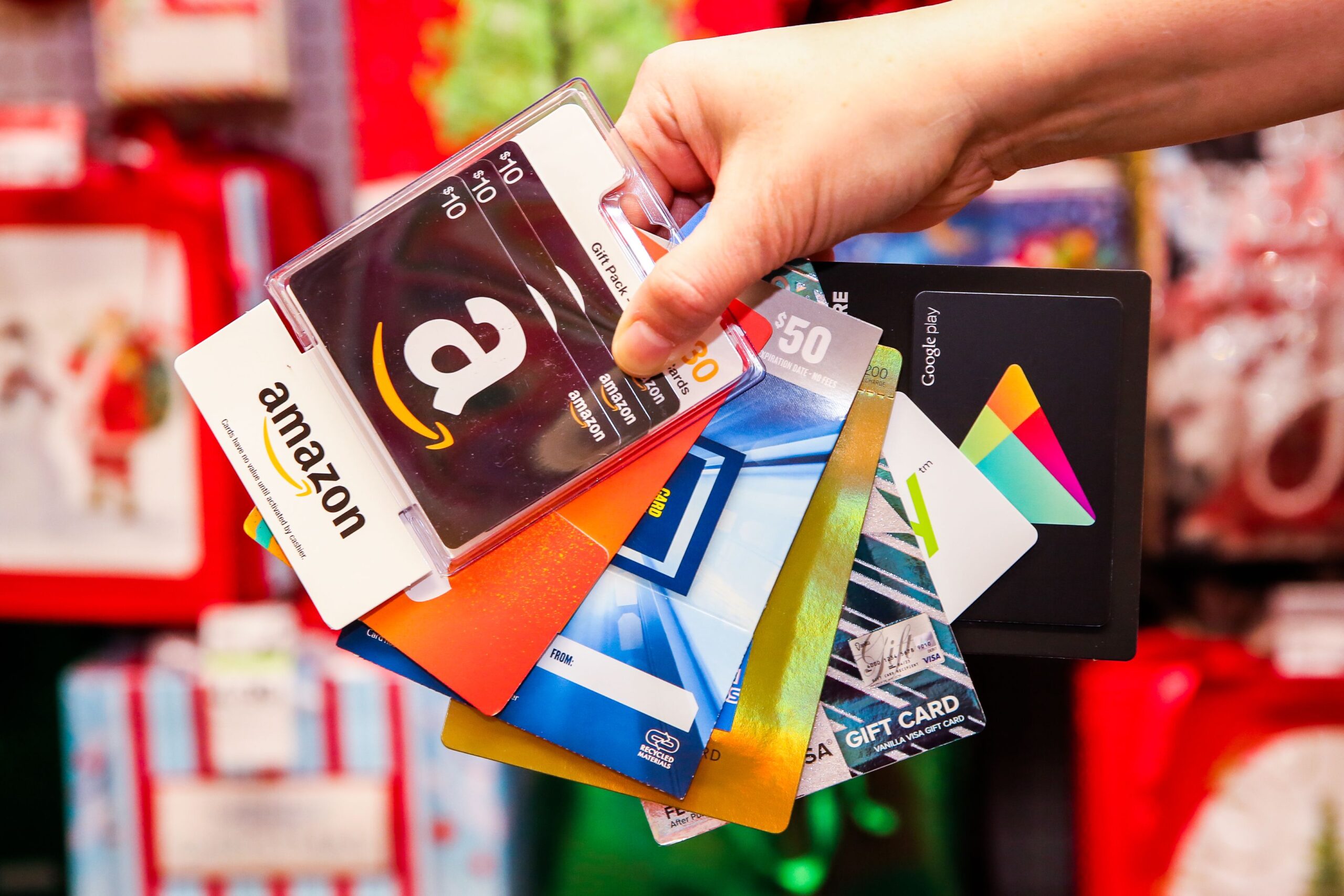President Bola Tinubu has approved the appointment of the Founder and Chairman of Zenith Bank Plc, Jim Ovia, CFR, as the Chairman of the Board of the Nigerian Education Loan Fund (NELFUND).
This was announced in a State House Press Release by the Special Adviser to the President on Media and Publicity, Chief Ajuri Ngelale on April 26, 2024.
According to the statement, ‘‘the President believes Mr. Ovia will bring his immense wealth of experience and professional stature to this role to advance the all-important vision of ensuring that no Nigerian student suffers a capricious end to their pursuit of higher education over a lack of funds and of ensuring that Nigerian youths, irrespective of who they are, have access to higher education and skills that will make them productive members of society and core contributors to the knowledge-based global economy of this century.’’
Jim Ovia, CFR, is the Founder and Chairman of Zenith Bank Plc, one of Africa’s largest banks with over $21.4 billion in assets and shareholders’ funds of over US$2.4 billion as at December 2023. Zenith Bank is a global brand listed on the London Stock Exchange and the Nigerian Stock Exchange.
In addition to major operations in Nigeria and other West African countries, the Bank has sizeable operations in London and Dubai.
Jim Ovia is the Founder and Chancellor of James Hope University, Lekki, Lagos which was recently approved by the National Universities Commission (NUC) to offer postgraduate degrees in business courses.
James Hope University commenced activities in September 2023.
Through his philanthropy – the Jim Ovia Foundation – he has shown the importance he accords good education. In support of the Nigerian youth, Jim Ovia Foundation offers scholarships to indigent students through the Mankind United to Support Total Education (MUSTE) initiative.
Most of the beneficiaries of Jim Ovia Foundation scholarship are now accountants, business administrators, lawyers, engineers, doctors etc.
He is the author of “Africa Rise and Shine”, published by ForbesBooks. The book which encapsulates Zenith Bank’s meteoric rise, details the secrets of success in doing business in Africa. He is an alumnus of the Harvard Business School (OPM), University of Louisiana (MBA), and Southern University, Louisiana, (B.Sc. Business Administration). Jim Ovia is a member of the World Economic Forum (WEF) Community of Chairpersons, and a champion of the Forum’s EDISON Alliance.
In recognition of Jim Ovia’s contributions to the economic development of Nigeria, in 2022, the Federal Government of Nigeria honoured him with Commander of the Federal Republic, CFR. Also, in May 2022, Jim Ovia was conferred with the National Productivity Order of Merit (NPOM) Award by the Federal Government of Nigeria.
Earlier, he has been conferred with the national awards of Member of the Order of the Federal Republic, MFR, and Commander of the Order of the Niger, CON, in 2000 and 2011, respectively, as a testament to his visionary leadership and contributions to Nigeria’s financial services sector.
The National Student Loan Programme is a pivotal intervention that seeks to guarantee sustainable higher education and functional skill development for all Nigerian students and youths.
The Nigerian Education Loan Fund, the implementing institution of this innovation, demands excellence and Nigerians of the finest professional ilk to guide and manage.


 Forex3 weeks ago
Forex3 weeks ago
 Naira3 weeks ago
Naira3 weeks ago
 Billionaire Watch3 weeks ago
Billionaire Watch3 weeks ago



 Naira3 weeks ago
Naira3 weeks ago






 Naira2 weeks ago
Naira2 weeks ago




 Naira2 weeks ago
Naira2 weeks ago




 Naira4 weeks ago
Naira4 weeks ago






 Naira2 weeks ago
Naira2 weeks ago





















